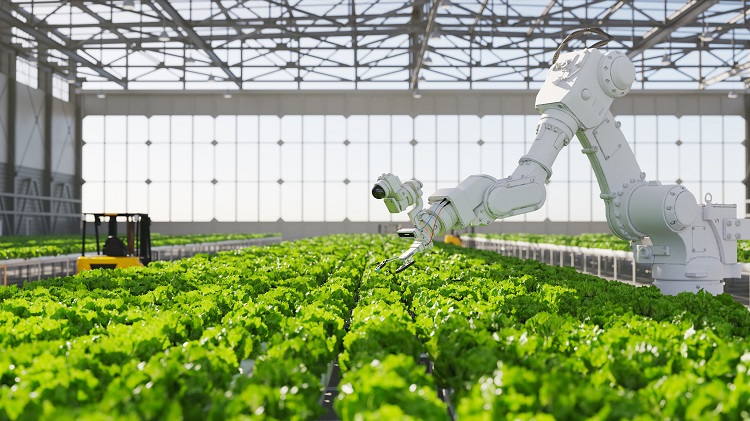
Innovative food products Beverage production is in free fallafter a decade of declining investment.
Jonny Forsyth, Mintel's senior director for food and drink at FoodNavigator, said the FMCG industry has seen a decline in innovation.
While investment in this sector is currently down, many are pushing for growth and supporting young companies. What is the new wave of investment and how will it help this sector continue to innovate?
What is the role of innovation in food and beverage when investment is down?
You can also learn more about the following: The start-up industry has been a major source of creative energy for many yearsIngenuity and innovation in the food and beverage industry. It increasingly proves its ability to innovate.
Antonio L. Escarzaga, editor-in-chief of start-up magazine EU-Startups, says: “Start-ups are uniquely positioned to help us push the boundaries of how we make, market and consume our food.”
While startups face many challenges in establishing their brand, they can also take advantage of huge opportunities that could help them leapfrog larger competitors. Technology is particularly important in building the capabilities and profile of small businesses.
Mintel’s Forsyth says the rapid rise of AI and e-commerce may be a factor. Both factors lower the barriers for small brands going direct to consumer. They can build their brand and sales online. Then they move to physical retail, where they have a better chance of success.
The emergence of AI can help restore the balance of power between large and small organizations and drive innovation.
Forsyth adds: “AI can make small size less of a problem, as algorithms help increase innovation, create campaigns, gather consumer insights and improve customer service.”
While this may be good news for new food and beverage companies, it is not the case for the industry as a whole. It faces significant challenges as it tries to stay ahead of the curve.

What challenges are preventing innovation in the food and beverage industry?
When it comes to developing a new food or beverage product, the industry faces multiple challenges. The food and beverage industry faces many challenges when it comes to creating a new product.
Matthieu Vincent, partner at foodtech consultancy Digital Food Lab, told FoodNavigator that one of the most important questions foodtech companies are asking is what the current state of regulation is and how it will evolve.
This is especially important for companies that want to export their product to other countries.
A major hurdle for forward-looking food and beverage producers is having confidence in the success of a new product or technology. This is especially important for small businesses and start-ups that don’t yet have the financial security and brand recognition of a larger company.
Vincent explains that companies need to measure value. For startups, there are spending restrictions. That's the hardest thing to do.
The lack of direct contact between food and beverage producers and potential investors has persisted even after the pandemic.
Vincent says: “We stopped attending events for two years.”
Brands no longer have the chance to showcase their innovation and attract investment.
Vincent says there is a need for meetups. These events can be very beneficial for food tech companies.
When will innovation return to the food and beverage industry?
Data suggests that investment in food and beverage has declined since 2009 and is still on a downward trajectory.
Vincent says: "Investment continues to decline." Vincent says: "We expect that to continue at least through the end of the year."
The industry is still expected to start seeing a change early next year.
Vincent says he expects a rebound in early to mid-2025.
Industry experts agree that investments in the food industry will pay off.
Jack A Bobo is the director of the Food Systems Institute at the University of Nottingham. He told FoodNavigator that he believes innovation will bounce back. The food and drink industries have always been flexible, but as consumer demands change, particularly in terms of health, sustainability and convenience, companies will be forced to adapt to stay relevant. We will likely see an increase in innovation as economic conditions improve and new technologies are developed.
The industry will be pleased to hear this news as it provides a boost to confidence in a struggling sector.
How can companies develop food technology?
Many people fail to start a food and beverage business, but there is plenty of peer-to-peer advice available. Marketplaces are a great way to get your hands on the right people..
Large companies looking to invest in food and beverage technology can also get help. Specialist food technology consultancies are available to provide advice on all aspects of innovation.
Vincent from Digital Food Lab says: “Our goal is to help companies understand what the long-term trends are and how they could benefit from an innovation ecosystem.”
Future Food-Tech 2024
Matthieu Vincent will speak at Future Food-Tech, a food-tech event in London on October 2-3.
Buy your tickets and check out the full event schedule here.
Vincent will host a round table on European and global investments in Food Tech in 2024.

